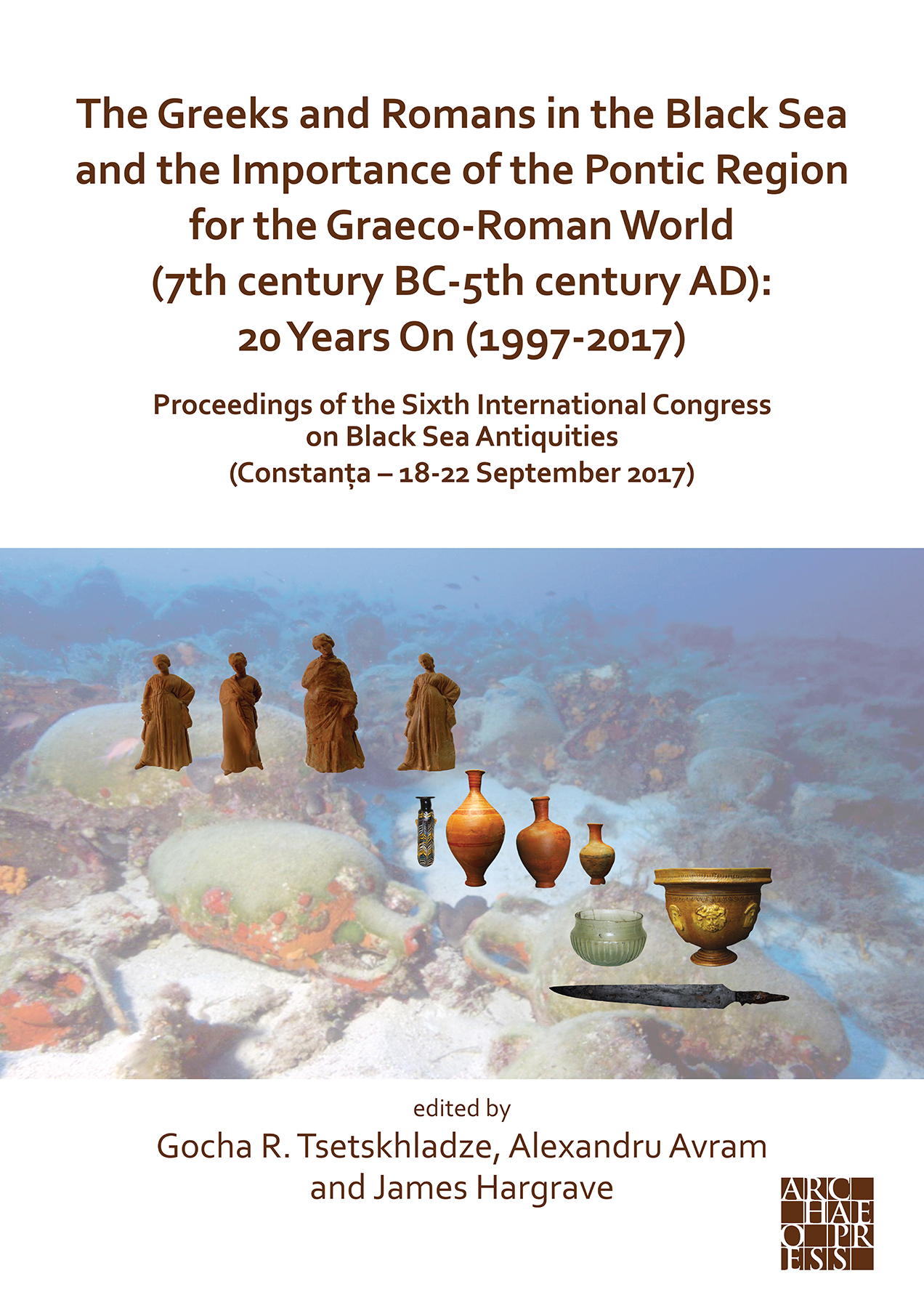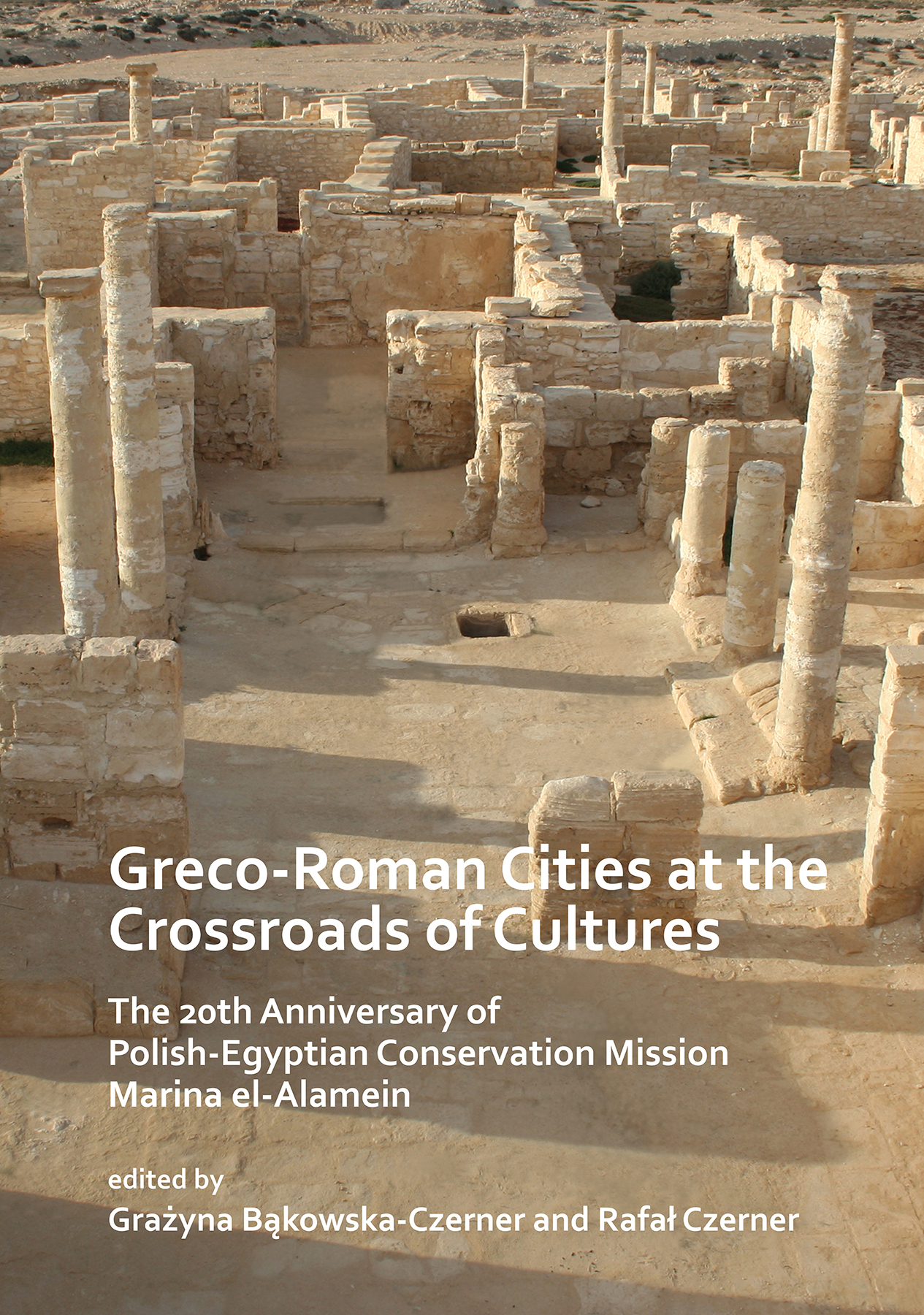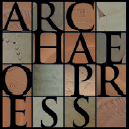
Publishing Scholarly Archaeology since 1997

Download Sample PDF
H 245 x W 174 mm
226 pages
55 figures, 2 maps (colour throughout)
Published Aug 2023
ISBN
Paperback: 9781803275628
Digital: 9781803275635
Keywords
Crimea; Tauric Chersonesos; Ancient Greece; Religion; Pontic Region; Polis Cult; Family Cult; Mystery Cult; Burial Cult; Pantheon; Archaeological Data; Epigraphy; Cultic Image; Temenos; House Shrine
Related titles




Greek Religion in Tauric Chersonesos
Paperback
£40.00
Includes PDF
PDF eBook
(personal use)
£16.00
PDF eBook
(institutional use)
£40.00
Tauric Chersonesos was one of the prominent ancient Greek centres on the north coast of the Black Sea. This comprehensive study of the cults of the gods of the Chersonesan polis, firmly based on the available sources, sheds new light on the religious life of this ancient Greek centre at various stages in its development.
Contents
Introduction
Chapter 1: History of Study, Sources and Methods
Chapter 2: The Supreme Gods
Chapter 3: The Pantheon of Chersonesos
Chapter 4: Family Cults
Chapter 5: Mystery Cults
Chapter 6: Burial Cults
Conclusions
References
About the Author
Tetiana Shevchenko is Senior Researcher and Head of the Editorial and Publishing Department at the Institute of Archaeology of the National Academy of Sciences, Ukraine. She is the author of a monograph, The Religious Outlook of the Inhabitants of Tauric Chersonesos (2011, in Ukrainian) and more than 60 articles, and is co-editor of three collections and an executive secretary of the journal Arheologia. She has participated in fieldwork at the main classical period sites in Ukraine: Tauric Chersonesos (2003, 2004), Tyritake (2009) and Olbia Pontica (2015), as well as directing her own archaeological project at the chora of Nymphaeum (2009). She obtained a doctorate in classical archaeology in 2009 and received the DAAD scholarship at the German Archaeological Institute in 2013.
Reviews
‘The final effect is a valuable overview of the history of religion in the Tauric Religion. Thus, it deserves a wide readership of ancient historians and archaeologists. Those with interests in ancient Greek religion and those who specialize in colonization will find the book useful.’ – Manolis Petrakis (2024): Bryn Mawr Classical Review
‘Con todo, el libro de Tetiana Shevchenko tiene un valor incalculable: brinda la posibilidad al lector no familiarizado con las lenguas ucrania y rusa de contar con una competente panorámica del paisaje religioso de una ciudad colonial tan sorprendente como escasamente conocida fuera de los confines de Europa oriental. … Muchos estudiosos occidentales del mundo antiguo, historiadores de los movimientos coloniales, especialistas en religiones antiguas, arqueólogos, etc. encontrarán en este libro información y estímulos para el debate, que enriquecerán y ampliarán, sin duda, los horizontes de sus intereses científicos.’ [translated] ‘All in all, Tetiana Shevchenko's book is invaluable: it provides readers who are not familiar with the Ukrainian and Russian languages the opportunity to gain a competent overview of the religious landscape of a colonial city as surprising as it is little known outside the confines of Eastern Europe. … Many Western scholars of the ancient world, historians of colonial movements, specialists in ancient religions, archaeologists, etc., will find in this book information and prompts for debate, which will undoubtedly enrich and broaden the horizons of their scientific interests.’ - Vassilis Tsiolis (2025): ARCHIVIO STORICO ITALIANO

 Add to wishlist
Add to wishlist
